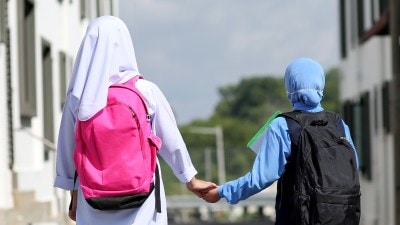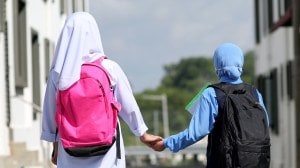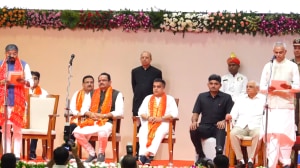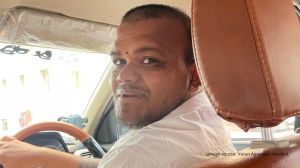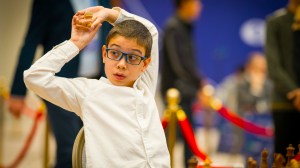Won’t stop military cooperation with Lanka: Pranab
While reiterating its stand that the civilian Tamil population in Sri Lanka, caught in the crossfire after Lankan Government's offensive against the LTTE...

While reiterating its stand that the civilian Tamil population in Sri Lanka, caught in the crossfire after Lankan Government’s offensive against the LTTE, must be protected at all costs, India on Thursday made it clear that it would not stop its military cooperation with the island nation because of the humanitarian crisis in that country.
Responding to clarifications sought by the members in the Rajya Sabha on India’s stand on the current crisis in Sri Lanka, External Affairs Minister Pranab Mukherjee said security cooperation with Colombo, including training of Lankan forces by India, was “necessary”.
“We have a very comprehensive relationship with Sri Lanka. In our anxiety to protect the civilians, we should not forget the strategic importance of this island to India’s interests,” he said in response to questions raised by a few members over the rationale of India continuing its military cooperation with Colombo in view of the plight of ethnic Tamils in that country and also incidents of firing on Indian fishermen entering Sri Lankan waters by mistake.
Mukherjee said all these issues will be taken up with Sri Lankan President Mahinda Rajapaksa’s advisor Basil Rajapaksa when he comes to New Delhi this weekend.
Mukherjee said the demand to review India’s security cooperation with Sri Lanka in the wake of current crisis was not advisable, especially in view of attempts by countries like Pakistan and China to gain a strategic foothold in the island nation. He said Colombo had been told that India would “look after your security requirements, provided you do not look around”.
“We cannot have a playground of international players in our backyard,” he said, while reiterating that the safety of the Tamils in Sri Lanka has to be ensured at all costs. “We have made it clear to the Sri Lankan Government that we would not like a situation in which there is an influx of Tamil refugees to India because of events over which we have no control,” he said.
He said India was ready to provide whatever assistance was needed for rehabilitation of the displaced civilians but the ultimate solution lay in “devolution of power” in Sri Lanka as recommended by a high-powered committee appointed by the Sri Lankan President.





- 01
- 02
- 03
- 04
- 05


